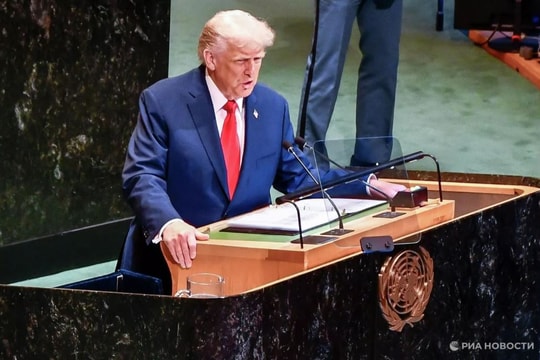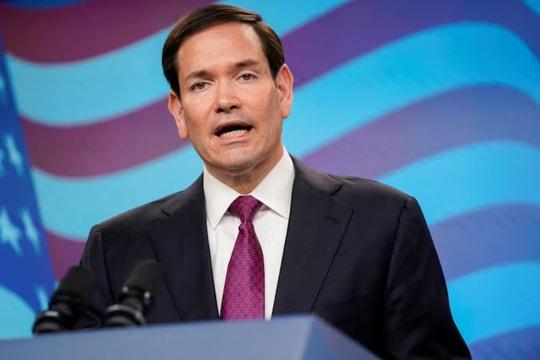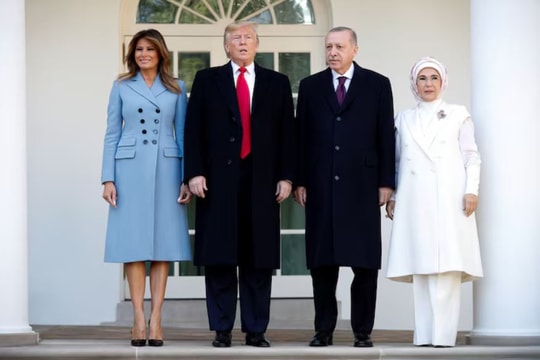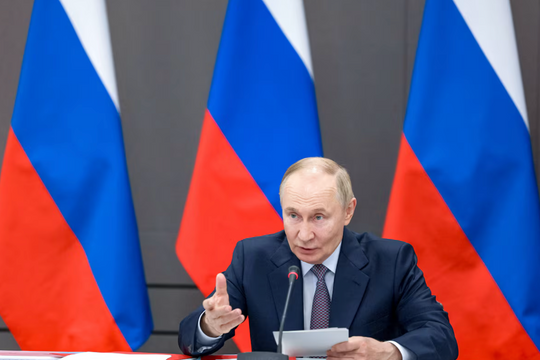US continues to vote against resolution to lift embargo on Cuba
191 out of 193 votes in favor is the highest support rate Cuba has received in 24 times submitting to the UN General Assembly a resolution demanding the US end the unjustified embargo that has lasted for more than half a century. The two votes against were still from the US and Israel.
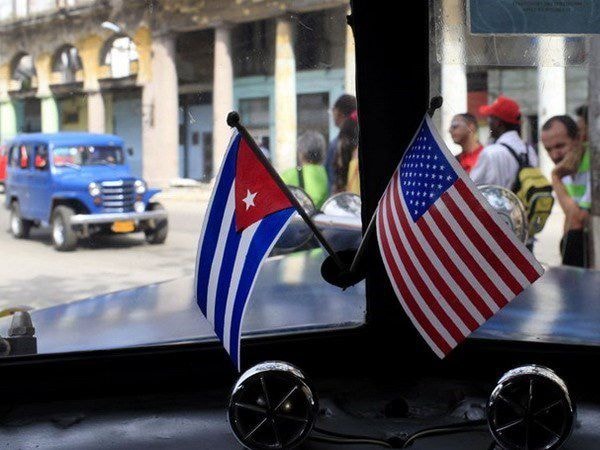 |
| Illustration photo. (Source: AP) |
It can be said that the recent near-absolute vote of support is a resounding diplomatic victory for Cuba, affirming the legitimacy of the Cuban revolution as well as the indomitable will of the island's people.
However, it is regrettable that the US still voted against, especially in the context that Washington and Havana have been taking strong steps to promote the process of re-establishing diplomatic relations between the two countries.
Before the vote, there were many predictions that the US might abstain from voting to increase pressure on its Congress to completely lift the embargo against Cuba.
Currently, the US Congress is the only body capable of taking this step because this policy was codified in 1996. If Washington abstains, this will be the first time a country has voted to deny or at least doubt the legitimacy of a law that is still in effect.
US President Barack Obama himself has also spoken out asking the US Congress to abolish the embargo on Cuba and publicly criticized this sanctions policy as outdated and counterproductive.
Moreover, in a year of unprecedented events in Havana-Washington relations, one could have reasonably hoped for another “historic milestone.” Unfortunately, it did not happen.
The US economic, commercial and financial embargo against Cuba began in 1960, when President Dwight D. Eisenhower severed diplomatic relations and imposed a trade embargo in retaliation for the nationalization of foreign companies' facilities in Cuba by the revolutionary government in Havana.
In April 1962, President John J. Kennedy expanded the sanctions and made the embargo comprehensive. In 1996, President Bill Clinton signed the Helms-Burton Act into law, codifying this unjust policy.
To date, the US embargo against Cuba is recorded as the longest in human history, causing heavy material losses.
According to Cuba's official calculations, the damage caused by the embargo to the country has exceeded 1,100 billion USD, hindering the development of the Cuban people in all aspects. The brutal and unilateral nature of the above policy has violated many basic principles of international law and agreements.
Therefore, it is not difficult to understand the widespread support of the international community for the Cuban resolution calling on the US to end the embargo.
With the US continuing to vote against, Cuban Foreign Minister Bruno Rodríguez warned that relations between the two countries would not be able to move towards normalization if Cuba remained under the embargo and that they would continue to submit similar resolutions as long as the blockade “remains in its current form.”
The real reason for the US government's decision is unclear: it could be that Washington does not want to appear "weak" before the election period, or that the US does not want to create a "bad" precedent at the United Nations forum or does not want to give Cuba more leverage in negotiations, etc. However, the US's decision to maintain its opposition vote is an "out of sync" move in the context of positive signals in the relationship between the two countries and the international community is waiting for both sides to continue to take stronger steps to improve relations.
Bolivian President Evo Morales commented: “The whole world supported the Cuban resolution except for two countries. The United States still does not respect it. What can they say about democracy?”
However, with the affirmations of both Cuban and US representatives about their determination to continue the dialogue policy to find solutions together, it is hoped that the train moving towards normalizing relations between the two countries will not be "derailed" despite many obstacles and challenges./.
(According to Vietnam+)
| RELATED NEWS |
|---|

